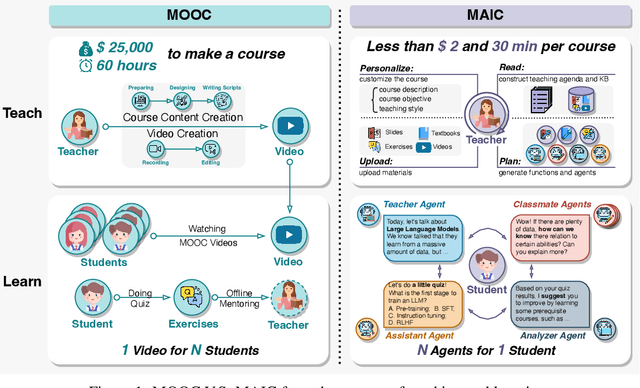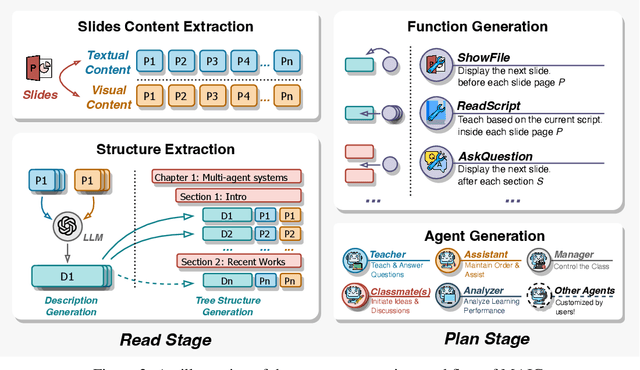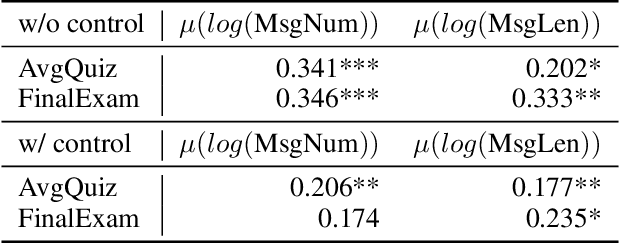Lijun Deng
Dual-Splitting Conformal Prediction for Multi-Step Time Series Forecasting
Mar 27, 2025Abstract:Time series forecasting is crucial for applications like resource scheduling and risk management, where multi-step predictions provide a comprehensive view of future trends. Uncertainty Quantification (UQ) is a mainstream approach for addressing forecasting uncertainties, with Conformal Prediction (CP) gaining attention due to its model-agnostic nature and statistical guarantees. However, most variants of CP are designed for single-step predictions and face challenges in multi-step scenarios, such as reliance on real-time data and limited scalability. This highlights the need for CP methods specifically tailored to multi-step forecasting. We propose the Dual-Splitting Conformal Prediction (DSCP) method, a novel CP approach designed to capture inherent dependencies within time-series data for multi-step forecasting. Experimental results on real-world datasets from four different domains demonstrate that the proposed DSCP significantly outperforms existing CP variants in terms of the Winkler Score, achieving a performance improvement of up to 23.59% compared to state-of-the-art methods. Furthermore, we deployed the DSCP approach for renewable energy generation and IT load forecasting in power management of a real-world trajectory-based application, achieving an 11.25% reduction in carbon emissions through predictive optimization of data center operations and controls.
From MOOC to MAIC: Reshaping Online Teaching and Learning through LLM-driven Agents
Sep 05, 2024



Abstract:Since the first instances of online education, where courses were uploaded to accessible and shared online platforms, this form of scaling the dissemination of human knowledge to reach a broader audience has sparked extensive discussion and widespread adoption. Recognizing that personalized learning still holds significant potential for improvement, new AI technologies have been continuously integrated into this learning format, resulting in a variety of educational AI applications such as educational recommendation and intelligent tutoring. The emergence of intelligence in large language models (LLMs) has allowed for these educational enhancements to be built upon a unified foundational model, enabling deeper integration. In this context, we propose MAIC (Massive AI-empowered Course), a new form of online education that leverages LLM-driven multi-agent systems to construct an AI-augmented classroom, balancing scalability with adaptivity. Beyond exploring the conceptual framework and technical innovations, we conduct preliminary experiments at Tsinghua University, one of China's leading universities. Drawing from over 100,000 learning records of more than 500 students, we obtain a series of valuable observations and initial analyses. This project will continue to evolve, ultimately aiming to establish a comprehensive open platform that supports and unifies research, technology, and applications in exploring the possibilities of online education in the era of large model AI. We envision this platform as a collaborative hub, bringing together educators, researchers, and innovators to collectively explore the future of AI-driven online education.
 Add to Chrome
Add to Chrome Add to Firefox
Add to Firefox Add to Edge
Add to Edge